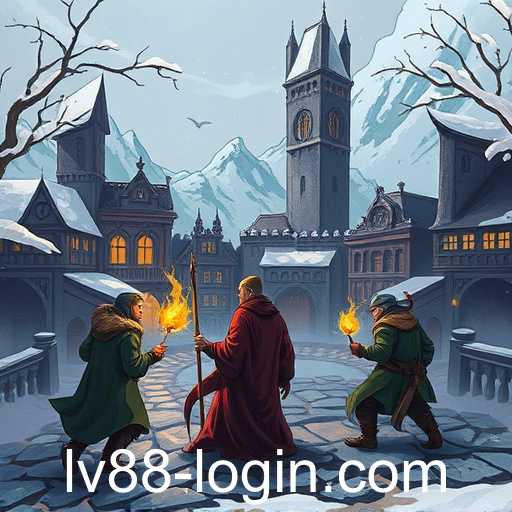A comprehensive examination of the role-playing game category, exploring its different subgenres, historical evolution, and impact on modern gaming culture.
Role-playing games, often abbreviated as RPGs, have captivated the imaginations of players worldwide for decades. These games allow players to immerse themselves in fantasy worlds, assume unique character roles, and make decisions that influence the storyline and outcome, offering an unparalleled level of interactive storytelling.
The term 'role-playing game' encompasses a broad range of games, each with its own distinct style and mechanics. From tabletop RPGs like Dungeons & Dragons, which require nothing more than some dice, a pencil, and a vivid imagination, to complex digital RPGs found on gaming consoles and PCs, this genre offers something for everyone.
Historically, role-playing games have evolved significantly since their inception. The earliest RPGs were primarily text-based adventures that set the foundation for today's visually immersive experiences. The '80s and '90s saw the birth of iconic franchises such as Final Fantasy, which blended rich narratives with groundbreaking graphics and gameplay. As technology progressed, so did RPGs, incorporating more detailed graphics, intricate storylines, and expanding into massive worlds via massively multiplayer online role-playing games (MMORPGs).
One of the key elements of role-playing games is character progression. Players are encouraged to develop their characters' skills, abilities, and attributes as they progress through quests and challenges. This growth mirrors that of a novel's protagonist, offering a satisfying and personal journey that keeps players engaged for countless hours.
Another fascinating aspect of RPGs is their ability to foster creativity and collaboration. Players can often shape their character's personality through dialogue choices and moral decisions, which can lead to different story outcomes. In tabletop RPGs, collaborative storytelling and teamwork are essential, as the success of the group often hinges on each member's unique skills and contributions.
The impact of role-playing games on modern gaming culture is undeniable. The genre has influenced countless developers, inspiring new categories and hybrid games that borrow elements from RPGs to enhance their own narratives and gameplay. Moreover, the community aspect of RPGs has given rise to a dedicated fan base, with conventions, online forums, and social media groups celebrating their shared passion.
In conclusion, the role-playing genre is a dynamic and ever-evolving category in the gaming world. Whether engaging in epic battles, exploring vast open worlds, or simply delving into a character-driven narrative, RPGs offer an experience that is both personal and immersive. With continual advancements in technology and storytelling, the future of role-playing games promises even more innovation and excitement for players worldwide.




